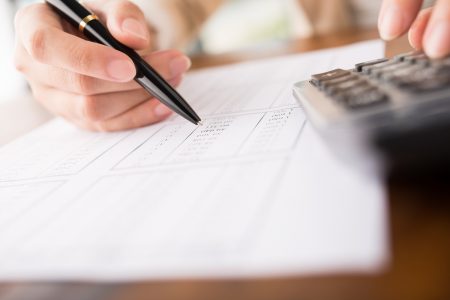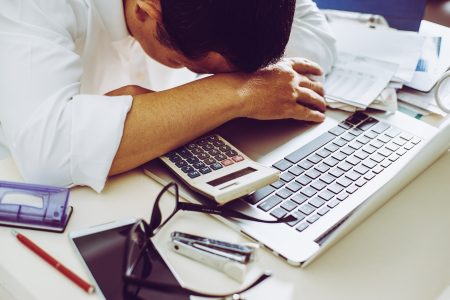Debt Consolidation is a way of getting rid of all your credit card bills. The idea is to get one single loan which will pay off all your existing loans. This means you only have to make one payment instead of paying off several loans. This is one way of saving money, because you will … Read more
Unpaid debts may lead to phone calls from debt collectors in attempt to collect a debt. Many people face the stress of debt collection calls every day. However, in some cases, the debt collection agency may not be following the law. What Are Debt Collection Laws? Debt collection laws are a set of regulations that … Read more
Can I discharge student loan debts in bankruptcy? Yes, you can discharge federal student loan debt in bankruptcy. All student loan debt is dischargeable upon completion of the Chapter 7 bankruptcy process. However, there are exceptions to the discharge of student loans under Chapter 13. If you file Chapter 13 bankruptcy and your payment plan … Read more
What is a chapter 7 bankruptcy? Chapter 7 bankruptcy is a liquidation of a business that is in financial distress. The business will be forced to cease business operations, and its assets will be sold off to pay creditors. Most of the time, the business owner will no longer be involved with the company. What … Read more
As the national emergency status draws to an end this weekend, many people are facing the effects of financial hardship. Many Americans are currently dealing with past due rent payments that they worry could result in their eviction. Is it possible to file for bankruptcy and remain in your home even if you are facing … Read more
The CARES Act has provided protection against eviction and foreclosures during the turbulent times of the last year. The moratorium against evictions and foreclosures have begun to end across many states, and the federal level. In hopes of extending the protection provided by the moratorium, the CDC filed to extend the moratorium. However, a federal … Read more
The means test is a two-part calculation that determines whether a debtor is eligible to file a Chapter 7 bankruptcy or a Chapter 13. If the debtor is not eligible for a Chapter 7 the means test will calculate the disposable income available to repay creditors in a Chapter 13 bankruptcy. The means test is … Read more
One of the biggest benefits of filing bankruptcy is the automatic stay that goes into effect as soon as the case is filed. It means that your creditors (those you owe a debt) are not allowed to keep asking you for money. However, there are important expenses you need to consider. Bankruptcy Fees There are … Read more
As the national state of emergency declaration begins to cease at each state level, many of the protections enacted over the course of the pandemic will suddenly disappear. For many Americans struggling to maintain their mortgage payment or avoid eviction, the harsh reality may soon set in. Eviction and foreclosure moratoriums will be lifted, leaving … Read more
To save your home in Chapter 13, you must make a plan to pay off your mortgage arrears. You must also pay back the remaining debt on your mortgage. This means that you must understand the amount of money you owe, how your mortgage works, and what your lender wants you to do. If you … Read more























